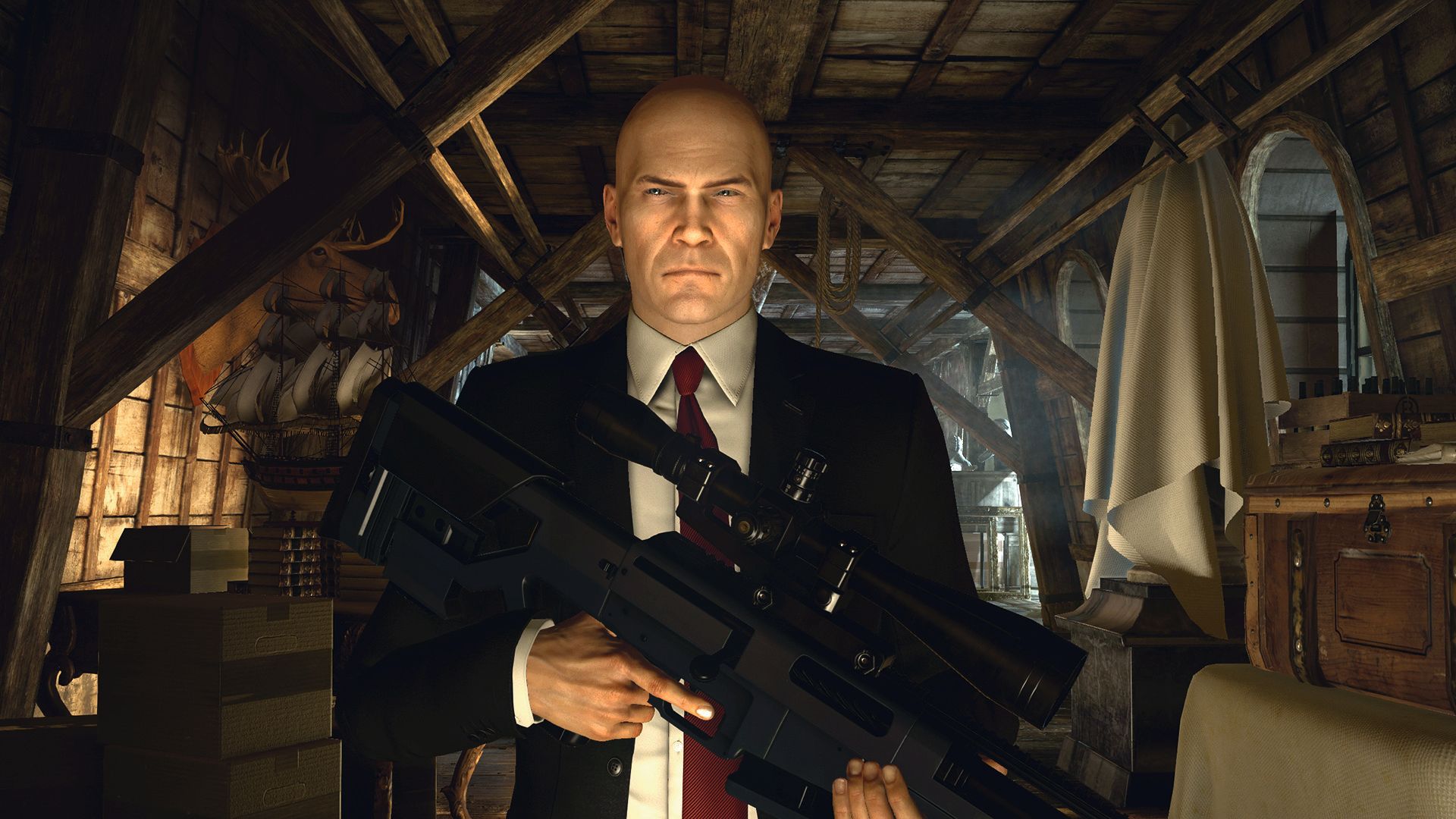Scripted set pieces are on the way out

A good thing is happening. So-called ‘AAA’ games are leaving the linear rollercoaster rides behind and embracing emergent, systems-driven sandboxes. Metal Gear Solid 5, Hitman, Deus Ex: Mankind Divided, Fallout 4—the list goes on. These are the kinds of games we love on PC Gamer and I’m delighted mainstream publishers are embracing them. People don’t want to be told stories anymore: they want to make them. The days of scripted FPSes are numbered.
We’ve got consoles to thank for this. No, really. Big games have always been limited by console hardware, but now that the PlayStation 4 and Xbox One have some better specs—equivalent to decent PCs—we’re reaping the benefits when it comes to multi-platform games. Their increased power means we get games with greater complexity and more interactive worlds. We’ve always had rich, deep games like Arma and Deus Ex on PC, but now the consoles are catching up—and the result is some of the most exciting big-name games released in years.
It’s not just consoles that are behind this: YouTube and Twitch are partly responsible too. Publishers know if a YouTube star or a streamer gets hold of their game, those millions of views will result in dramatically increased sales. But the games that do well on these platforms are ones with depth and variety. That’s why sandbox survival simulators like DayZ and ARK are so popular with those guys—and rocket to the top of the Steam charts. By making open-ended, replayable games, they’re more likely to be featured on these channels.

Consoles have encouraged this. Both the new Xbox and PlayStation have built-in streaming features, which means playing games live on Twitch is no longer something reserved exclusively for PC gamers. While the advances of consoles might not seem like they affect you, with your GTX Titan Black and your 4K monitor, they’re actually responsible for an increase in the overall quality of multi-format games—and they’ll only get more ambitious as we move from generation to generation. Consoles are often accused of holding PC games back, and it certainly felt that way in some of the last few years, but I think that’s finally changing.
I really think we’ve entered a golden age of games. Devs—both indies and the big studios—are realising the power of creating engaging, interlinked systems, then letting players run wild with them, with interactivity replacing sitting and passively watching things happen. The heavily scripted set-pieces that dominated the noughties, typified by the bombastic Call of Duty series, are no longer impressive. I watched the Eiffel Tower explode in Modern Warfare 3 and felt nothing.
I watched the Eiffel Tower explode in Modern Warfare 3 and felt nothing.
After the disappointing Absolution, the new Hitman looks like a return to the freeform assassination sim we fell in love with in Blood Money. Levels are huge, dense, and packed with ways to creatively kill your targets. Deus Ex is expanding on Human Revolution, with a much larger world and more augmentations to play with. Even Rise of the Tomb Raider gives you the choice of sneaking through a level without killing anyone. Someone at Square Enix is obviously as much of a fan of these games as we are. Then there’s Ubisoft’s Ghost Recon Wildlands and Bethesda’s Fallout 4.
These games cost a lot of money, though. Metal Gear Solid 5 apparently had a budget of $80 million, while GTA 5 cost an eye-watering $265 million. That’s the reality of developing open-world games with a lot of stuff in them. So let’s hope people embrace this renaissance, otherwise we’ll be back to watching tourist hot spots explode tediously. Consoles are still years behind PC gaming in so many ways, but the quality of big budget games is beholden to their release cycles. We’re now at a stage where that’s clearly benefitting us.
Keep up to date with the most important stories and the best deals, as picked by the PC Gamer team.
If it’s set in space, Andy will probably write about it. He loves sci-fi, adventure games, taking screenshots, Twin Peaks, weird sims, Alien: Isolation, and anything with a good story.


